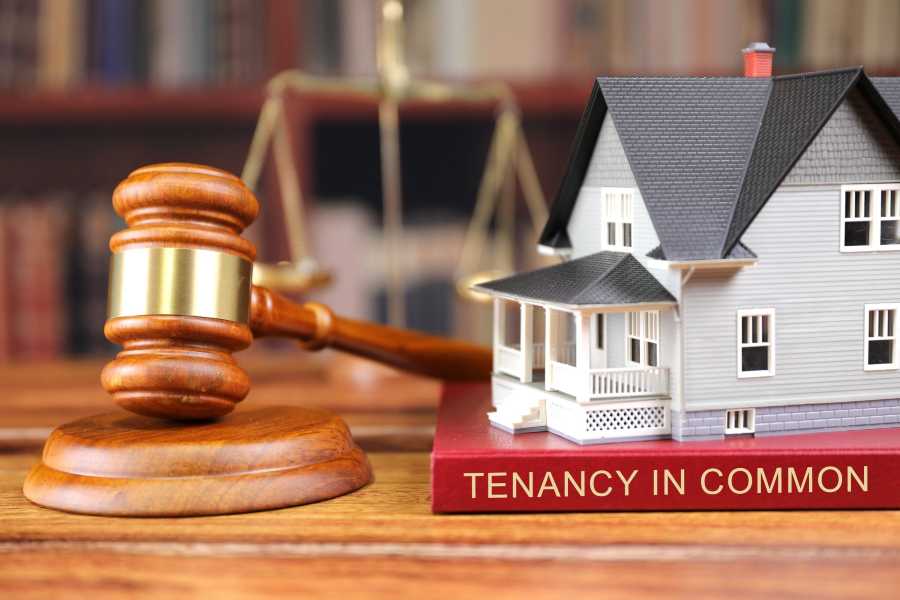When a landlord rents a home to a tenant, there is normally a rental agreement in place that sets the length of the tenancy. But, what happens at the end of an assured shorthold tenancy?
Rolling Contracts
Rolling Contracts have grown in popularity among service providers as a viable way to retain clients and generate profit over time. A rolling tenancy is one in which the rent is routinely renewed on a regular basis until either the tenant or the landlord gives notice. The length of the renewal period is determined by the frequency with which the rent is paid. A tenancy that is paid monthly, for example, will renew monthly. A tenancy that is paid every 6 or 12 months will renew for another 6 or 12 months.
If the tenants stay in ownership, a new ‘periodic’ tenancy will be created automatically once the fixed term tenancy has finished. The tenancy shall continue this periodic basis unless and until a new fixed term tenancy or renewal contract is completed.
Property Inspection
Although you should visit the property after the renter’s contract expires, regular landlord inspections are necessary to ensure that your tenant is maintaining your property as specified in the leasing agreement.
It’s vital your keep your eyes open on the following:
- Damage that isn’t caused by normal wear and tear (broken windows, stained carpets, etc.)
- Fungus and dampness
- Leaks
- Furniture and white items are in good shape.
- Excessive garbage
- Garden that has been neglected.
- Carbon monoxide detectors/smoke alarms that aren’t working
- The state of the attic/loft
- Infestations/signs of rodents
It is your responsibility as a landlord to ensure that your property is both legally compliant and a safe environment for your guests to live. During the inspection, you or the agent will be looking for anything that needs to be repaired or replaced, as well as anything that could pose a threat to the renter. It’s also an opportunity to make sure the tenant isn’t breaking the leasing agreement in any way. Inspections are also a great way to check in with your tenants, make sure they’re pleased, and talk about and handle any issues they might have.
Most tenants are considerate of their surroundings and will take good care of your property, but you may have a tenant who is less so for a variety of reasons. They may attempt to hide what’s going on, so pay close attention during each inspection and take action to address any issues you notice, being sure to preserve a written record of all communications.
Inspections should be done on a regular basis to help maintain the property and the connection with your tenant. Even before an inspection is planned, good communication during the tenancy can expose difficulties and make them easier to fix. It’s always a good idea to communicate; if things have gone well, your tenant may be more inclined to consider extending the tenancy at the end of the fixed term, which can save time looking for another tenant and money on fees.
Deposit Return
If your landlord keeps your deposit (which should be safeguarded under a tenancy deposit protection scheme), the landlord should release it to you within 10 days of receiving your request. A tenant cannot ask for their deposit back before the tenancy finishes.
Because the deposit will be in your landlord’s possession, deposit protection agencies will not be able to restore it if it is covered in an insurance scheme. If your landlord uses an insurance-based programme, they will either refund your deposit or let you know how much they plan to take for cleaning, damage, or unpaid rent once they receive your request for reimbursement.
If your landlord is requesting a deduction for a tenancy issue, such as a cleaning issue, a decoration issue, or rent arrears, they should write to you and explain why they believe they are entitled to the amount they believe they are entitled to. If you’re not sure what the deductions are for, ask your landlord or agent for clarification. At that moment, the deposit scheme will have no knowledge of the landlord’s claim. If you believe the landlord’s claim to the deposit money is reasonable, you and the landlord can agree on a figure.
If you enjoyed this article on ‘What happens at the end of an assured shorthold tenancy?’ you might also like to read about Is it better to Invest in Apartments or Houses?



One thought on “What happens at the end of an assured shorthand tenancy”